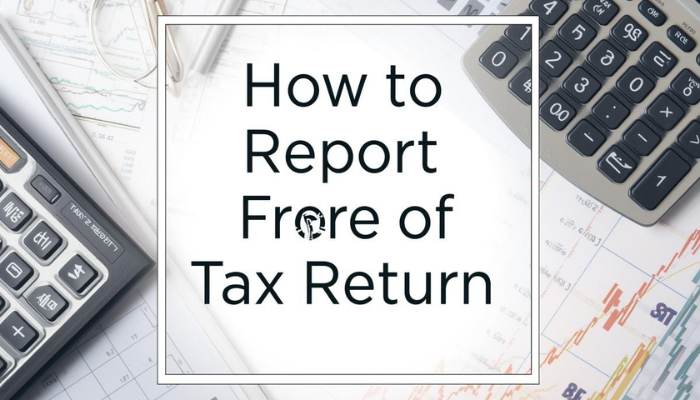
What is the US Expatriate Tax?
Do you know what is the US expatriate tax? People who give up their US citizenship or end their long-term presence are subject to the government-imposed US expatriate tax.
Internal Revenue Code (IRC) Sections 877 and 877A govern the expatriate tax. It is imposed on certain taxpayers according to their financial situation and adherence to US tax regulations. L&Y Tax Advisor helps you examine what is the US expatriate tax, how to calculate it, and its penalties if you avoid it.
Who Must Pay Expatriate Taxes?
US citizens giving up their citizenship are the main target of the country’s expatriate tax.
Long-term residents who no longer qualify as US residents for federal taxation.
Those who fit any of the following descriptions are subject to this tax:
- A wealth of more than $2 million.
- Not certifying US tax liabilities for the five years before expatriation were met.
- A yearly average net income tax obligation over a certain level, adjusted for inflation each year (for example, $171,000 in 2020).
- Those who expatriate on or after June 17, 2008, are primarily subject to the tax regulations.
Get your VAT number USA.
How to Calculate Expatriate Tax?
The fair market value of a person’s assets as of the day before expatriation is the basis for US expatriate tax. It computes a net gain on the difference between the property’s market value and the initial purchase price, treating the property as though it were sold at that exact instant. For instance:
- Gains over the 2020 $737,000 (adjusted for inflation) are subject to taxes.
- This taxation strategy discourages expatriation as a means of evading US tax responsibilities by guaranteeing that any unrealized gains are recorded.
Read: YMCA tax exempt.
Compliance and Penalties
Those considered ‘covered expatriates’ must submit Form 8854 attesting to their adherence to US tax regulations. Failure to file this paperwork can result in severe consequences, including fines of up to $10,000.
People must give valid reasons for their expatriation to avoid being labeled as tax evaders. For instance, a dual citizen who does not aim to evade US tax regulations may decide to live permanently in another nation.
Carry out financial reporting and analysis.
How Does the US Expatriate Tax Compare Internationally?
Along with Eritrea, the US is one of just two nations that taxes its citizens regardless of where they live based on their worldwide income. The US expatriate tax is unique since it focuses on surrendering citizenship or terminating residency, even while other countries, such as Canada, impose exit taxes on emigrants.
Anyone thinking about moving abroad must comprehend the complexities of the US expatriate tax. With careful preparation and adherence, people can successfully negotiate these intricate restrictions.
The Bottom Line
Learning about what is the US expatriate tax ensures that those who give up their citizenship or end their extended stay pay their taxes. It acts as a deterrent to tax evasion by concentrating on high-net-worth people and those with substantial tax obligations. To prevent severe fines, following the regulations and fulfilling compliance obligations, such as submitting Form 8854, is essential.
Knowing the financial ramifications and getting expert advice are crucial for anybody considering moving abroad. By being knowledgeable and compliant, expatriates may guarantee a seamless transition while fulfilling their legal obligations.
Get in touch with our tax consultancy services providers!


